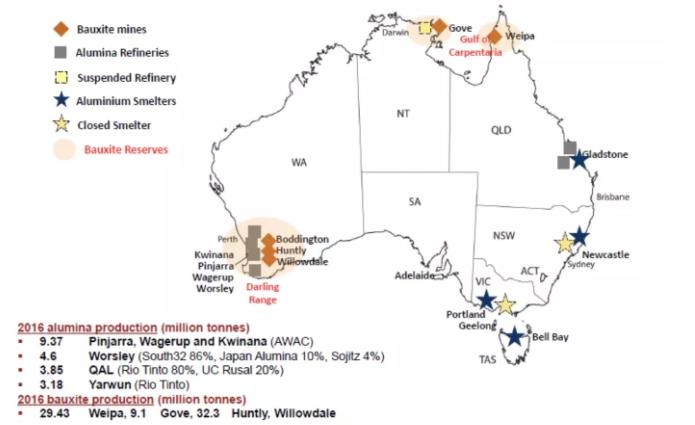In July 2017, the Gumatj people of East Arnhem Land welcomed the IPAF members to Nhulunbuy (Australia), also referred as Gove (see map), for their annual meeting. With facilitation from Mark Annandale (University of the Sunshine Coast) and Gina Castelain (Wik Waya and University of the Sunshine Coast), as well as logistics support from the ASI Secretariat, this experience permitted rich discussions with the Gumatj people, contributed to the IPAF members understanding of bauxite mining and generated essential inputs to the ASI Performance Standard. In addition to its practical outcomes in terms of management of the forum and building of the ASI standards, the meeting also represented an open space for experience sharing and mutual support among representatives of Indigenous Peoples facing various but connected struggles with mining industries and their related facilities.
Report on 2017 Indigenous Peoples Advisory Forum annual meeting published
The event permitted rich discussions with the Gumatj people, contributed to the IPAF members understanding of bauxite mining and generated essential inputs to the ASI Performance Standard.
22 January 2018

This meeting follows a series of workshops held in Chiang Mai (Thailand) in 2015 and in Kuantan (Malaysia) in 2016 which had the global aim of involving Indigenous Peoples in an appropriate way through the creation of the ASI. In 2017, Gove was chosen as the location of the IPAF meeting.
The main objectives of the meeting were to:
- convene IPAF participants with the Gumatj people of East Arnhem Land to share experiences and perspectives
- increase awareness towards sustainability issues and practices associated with bauxite mining and alumina refining amongst IPAF participants
- continue to provide IPAF input into the development of ASI’s certification program for the aluminium value chain
- select two IPAF representatives for the ASI Standards Committee.
The meeting gathered 10 participants from Australia, India, Malaysia, Suriname, Switzerland and Thailand (See Annex I). Out of these, six were Indigenous Peoples representatives advocating for communities affected by the exploration, mining and processing of bauxite.
The outcomes of this meeting were two-fold.
- First, the meeting enabled face-to-face discussion about IPAF activities to date and preparation for the coming year. Additional discussion topics included the IPAF terms of reference, a membership outreach strategy, internal and external methods of communication, and the selection representative members to stand on the Standards Committee.
- Second, the meeting offered a space for a collective review of the social aspects of the ASI Standards. These discussions generated valuable recommendations regarding both form and content of the proposed Standards, as well as on possibilities for further application and collaboration of the IPAF in the implementation phase of the certification.
RELATED TOPICS:
human rightsindigenous peoples advisory forumindigenous rightsIPAF
SHARE THIS ARTICLE


